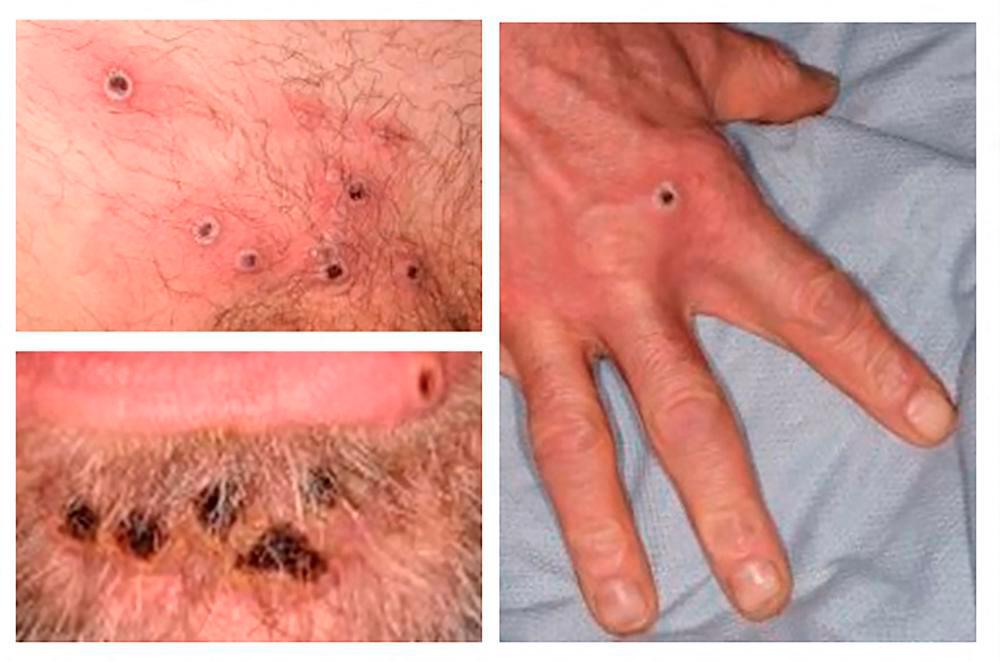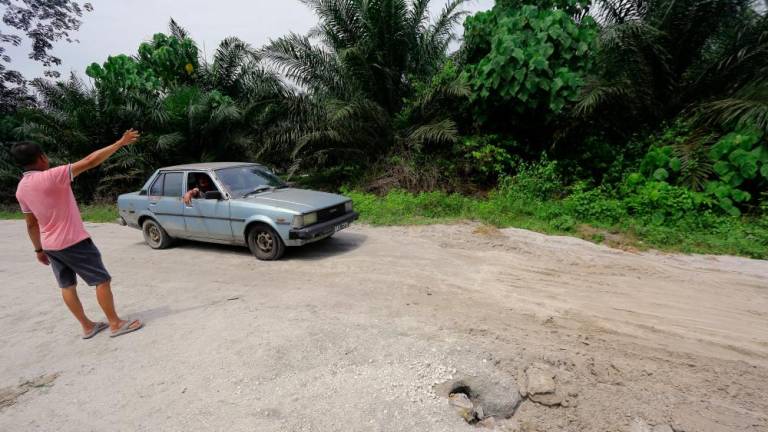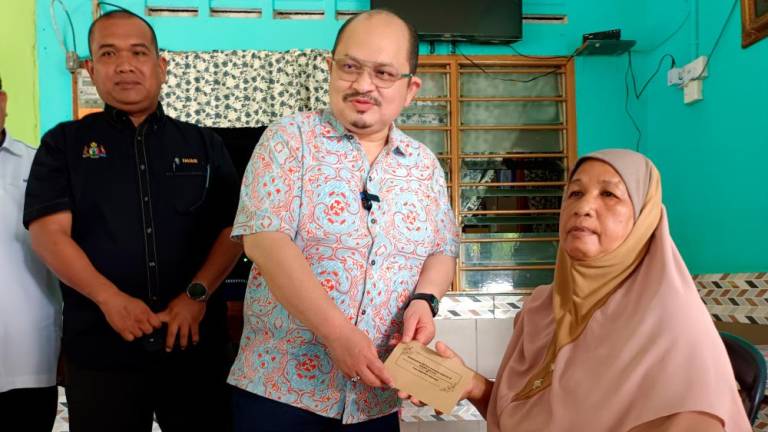PETALING JAYA: The public are advised to maintain Covid-19 health and social distancing protocols to prevent monkeypox infection, said virologist Assoc Prof Dr Chee Hui Yee.
She was commenting on a statement by World Health Organisation (WHO) chief Tedros Adhanom Ghebreyesus on Saturday, in which he declared the monkeypox outbreak a global health emergency, its highest alert level for a disease.
Chee said while Malaysians do not need to panic about getting infected, it is important to observe high personal hygiene practices.
“It is not as contagious as Covid-19. Monkeypox mainly spreads from person to person through direct contact with the infectious rash, scabs or body fluids and respiratory secretions during intimate physical contact, such as kissing, cuddling or having sexual intercourse.”
She said monkeypox can also be contracted by touching clothing or items that have come into contact with the infectious rash or body fluids of an infected person, adding that pregnant women can infect their unborn babies through the placenta.
“It is also possible for people to be infected with monkeypox from animals, either by being scratched or bitten by rats, primates or squirrels for instance. One could also be infected through preparing or eating meat or parts from an infected animal.”
Chee said as Malaysia has reopened its borders after entering the transition to the endemic phase of Covid-19 on April 1, cases of monkeypox infections occurring here was just a matter of time.
“I would say the damage would be minimal because WHO said earlier this week that outside of Africa, 99% of all reported monkeypox cases involved men and of those, 98% were linked to those who have had sex with other men.
“Still, the disease can infect anyone in close, physical contact with a monkeypox patient, regardless of their sexual orientation. So, Malaysians must discard the belief that the disease is spread only through homosexual sex, which is untrue.
“The authorities have vast experience dealing with Covid-19, so they know what to do. Always be vigilant but do not panic. Just follow strict hygiene and social distancing protocols and we will all be safe,” Chee said.
She also warned the public not to share clothing or utensils with strangers.
“Avoid having close contact with someone if you notice that they have lesions, rashes or crusts on their skin.”













